Opportunities for postdoctoral clinical fellows at the ICR
The Emerging Clinical Academic Fellowship scheme, newly launched by CRIS Cancer Foundation and the ICR, offers 2-3 year fellowships to support the development of early postdoctoral-stage clinical researchers.
The programme will help to prepare outstanding clinical researchers to apply for group leader positions – either as a clinician scientist or career development faculty.
Applications are now open and will close on the 13th Feb 2026.
The fellow will be hosted in an existing ICR group, see listed below. The scheme is open to all clinical specialities and research projects. A maximum of one fellow will be appointed per year.
Our aim is to grow our pool of clinical group leaders, who are vital to the delivery of the ICR and Royal Marsden research strategy. We particularly encourage projects in molecular pathology, tissue pathology, digital pathology and clinical data science.
Eligibility
Prospective fellows will be expected to:
- Hold a research degree PhD/MDRes
- Hold a medical (or related) clinical degree
- Hold a GMC registration (or equivalent national registration)
The successful candidate should be in a position to commence their fellowship within six months of the award offer.
The post will be expected to have a research/clinical split of between 80/20 to 60/40.
Salaries will be paid up to and including newly qualified NHS consultant level. Relevant pay premiums and London weighting should also be included. A consumables allowance of £15k per year per fellow will be provided.
How to apply
- Interested applicants should contact the research group leader/s they would like to work with to discuss their proposed research
- Applicants should then complete the application form and equality monitoring form and include a supporting statement from their proposed host (group leader)
- Email their application form to [email protected] by 13th February with interviews for shortlisted applicants to follow in March
Please note that successful candidates will also be asked to submit a proof of approval of Less Than Full-Time (LTFT) training from NHS England together with a supporting letter from their Training Programme Director.
Clinical fellows who already have their own salary funding through other sources are welcome to apply to be hosted within an ICR research group at any time during the year. Please contact the group leaders of interest directly.
ICR groups interested in hosting a clinical fellow
The following ICR group leaders have expressed an interest in hosting a postdoctoral clinical fellow through the new CRIS-ICR scheme. You are welcome to contact others not listed.
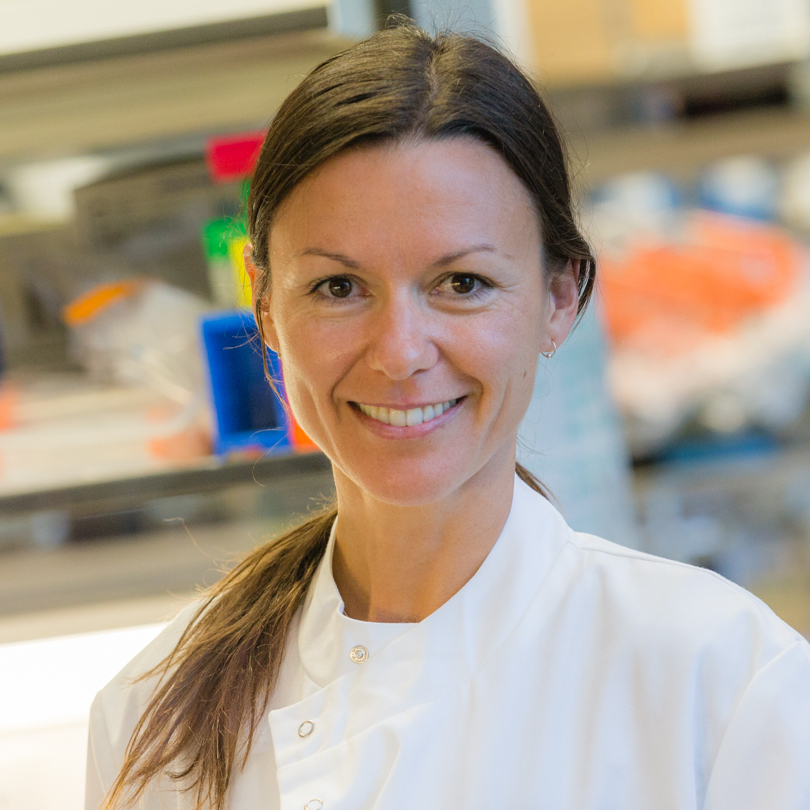
Alejandra Bruna
We are interested in understanding the primary causes of disease-related deaths in children, specifically how solid paediatric cancer cells tolerate treatment, regain growth, and evolve, particularly in non-genetic contexts. We hypothesise that plasticity—the ability of a single cell to alter phenotypes without changes to the DNA in response to environmental factors—plays a vital role in these cancer evolutionary processes, including treatment resistance.
To investigate this, we combine classical experimental evolution with single-cell tools that provide temporal resolution. By utilizing integrated expressible DNA barcodes along with a newly developed molecular recorder, we can monitor the clonal and phenotypic evolution of childhood cancer cells during the drug response process. This approach integrates multi-omics, live microscopy, and mathematical modelling, allowing us to define the evolutionary principles governing these cancers and identify novel biomarkers and drivers of non-genetic adaptation.
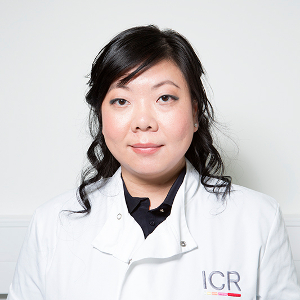
Maggie Cheang
We invite applications from clinicians in training for a postdoctoral fellowship focused on treatment-resistant and re-lapsed breast cancers. The project will leverage data from major clinical trials, including ICR-CTSU-led studies such as POETIC, PALLET, POETIC-A, ongoing prospective trials, and external cohorts from the US-based ALLIANCE and Spanish SOLTI groups. The research will integrate bulk and spatial omics with cutting-edge AI/machine learning methodologies to investigate tumour-intrinsic and acquired therapeutic resistance.
The fellow will receive interdisciplinary training in digital and molecular pathology, AI-driven biomarker discovery, integrative multi-omics analysis, and statistical modelling. A key component includes designing and preparing protocols for biomarker-driven clinical trials. There will be opportunities for national exposure and international collaboration, including site visits to trial groups in Spain and the US.
This opportunity is ideal for clinician-scientists interested in molecular oncology, AI, and data science in clinical trials, particularly those aiming to develop as clinical investigators or translational leads. Prior computational experience is beneficial but not essential.
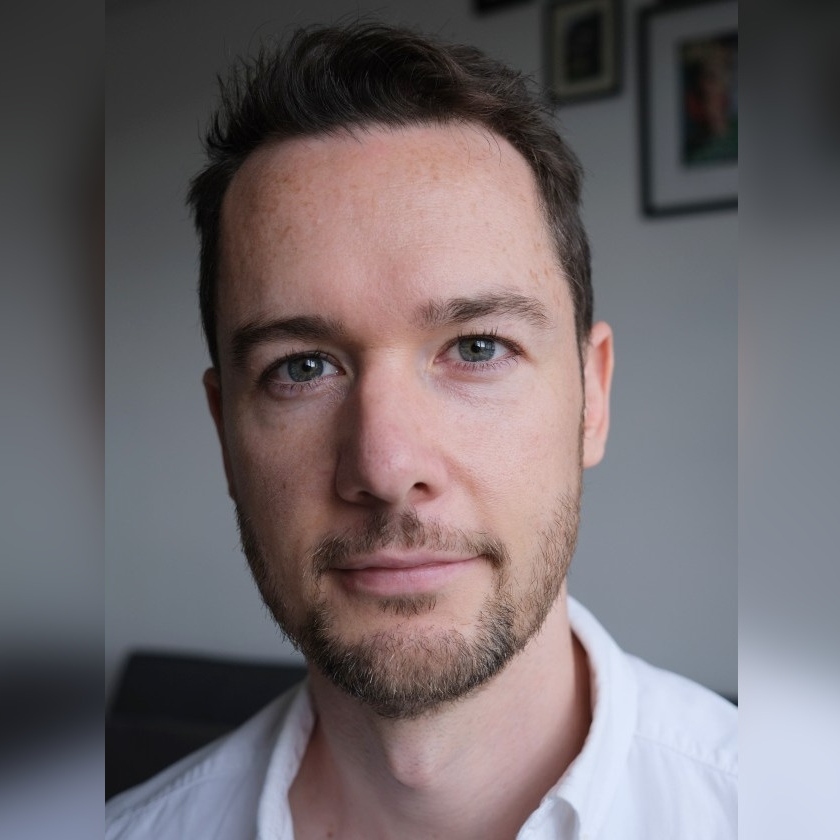
Magnus Dillon
Rectal, pancreatic and oesophageal adenocarcinomas rarely respond completely to radiotherapy, and have poor responses to conventional immunotherapies. Radiation is well known to modulate the tumour immune microenvironment, but, as yet, combination therapies have not yielded impressive results.
We are using translational clinical samples to look for novel immune and microenvironment targets which could be used in combination with radiotherapy. These include fixed longitudinal biopsies from rectal, oesophageal cancers and fresh tissue samples from rectal and pancreatic cancers. We are building cohorts of radiation-treated pancreatic cancer specimens.
We use in vivo models to test novel radiation technologies (FLASH and microbeam) in colorectal and pancreatic cancer models and are developing ex vivo techniques from these mouse models which could be used for immune-radiation assays in patient samples in the future.
We aim to identify promising immune-focused treatment strategies, which will be translated into early phase drug-radiotherapy clinical studies at The Royal Marsden.
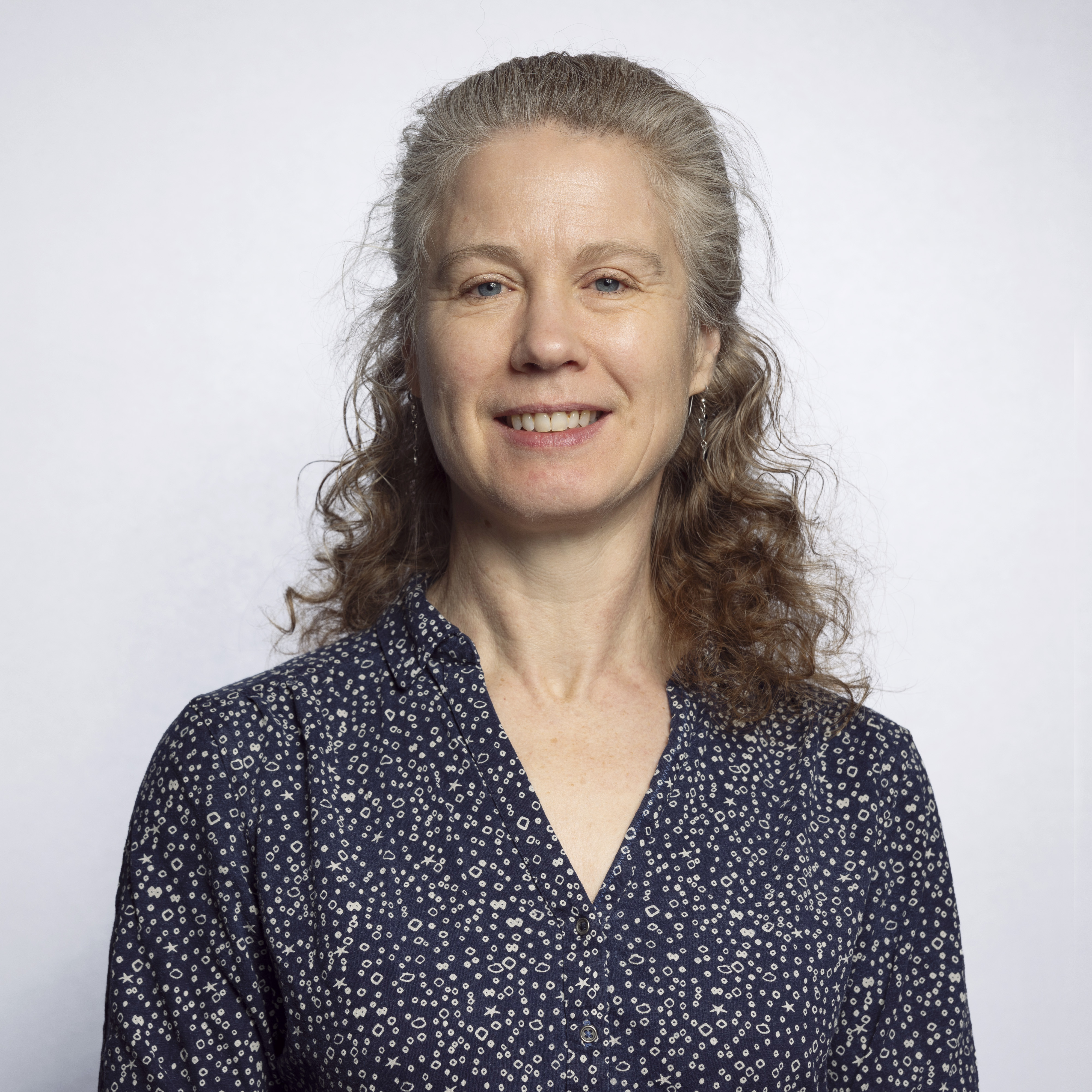
Emma Hall
We invite applications for a research fellowship focused on exploratory analyses of toxicity outcomes from our internationally practice changing series of prostate radiotherapy trials. Our most recently reported trial, PACE-B (NEJM 2024), demonstrated that 5 fraction radiotherapy was non-inferior to 20 fraction treatment in terms of cancer control but was associated with a higher medium-term risk of genitourinary side effects. The fellowship will utilise clinician and patient reported toxicity outcomes and radiotherapy planning data across a number of trials to further explore this association. We are particularly interested in better ways to quantify and report meaningful toxicity differences be that maximal toxicity, changes over time or measures of “burden” and in identifying baseline/dosimetric predictors of toxicity to support personalised decision making, strategies for toxicity reduction and/or follow-up protocols and future clinical trial design.
This is an excellent opportunity for clinicians interested in radiation oncology and clinical trials research.

Paul Huang
The Sarcoma Accelerator Programme is an ambitious effort to utilise data-driven approaches to identify curative treatments in high-risk soft tissue sarcoma patients. As part of this international multi-institutional programme, we are collecting clinical, radiological, digital and molecular pathology as well as molecular profiling data from over 1000 sarcoma patients. Depending on the interests of the fellow, the project will utilise these multi-modal datasets to 1. Develop and implement next-generation integrative nomograms for patient risk stratification, 2. Utilise machine learning to define improved digital pathology and/or radiomic measures of neoadjuvant treatment response, or 3. Integrate high-dimensional spatial Omics data with tissue pathology to dissect intratumoural heterogeneity with respect to immune features and therapy response. The clinical fellow will be embedded in a multi-disciplinary translational sarcoma research team at the ICR and benefit from close and regular interactions with the world-leading Sarcoma Unit at the Royal Marsden.
.jpg?sfvrsn=492e618f_2)
Robert Huddart
We invite applications from clinicians in training for a research fellowship focused on biomarker discovery in muscle-invasive bladder cancer. This project will leverage data from prospective bladder trials including RAIDER trial (Huddart et al. European Urology 2025), BC2001 and local data sets. Despite recent advances in systemic therapies validated prognostic and predictive biomarkers remain limited. Bladder preservation has become an international priority, with a critical need for improved risk stratification tools to guide personalised treatment.
This project utilises the well-characterised RAIDER trial cohort to investigate biological and morphological features using advanced omics. digital and molecular pathology. The goal is to identify biomarkers predictive of survival and radiotherapy response, ultimately informing future trial design and personalised care.
The fellow will receive training in biomarker discovery, molecular pathology, trial design, and biostatistics. This is an excellent opportunity for clinician-scientists interested in the intersection of radiation oncology, pathology, clinical trials, and translational research.
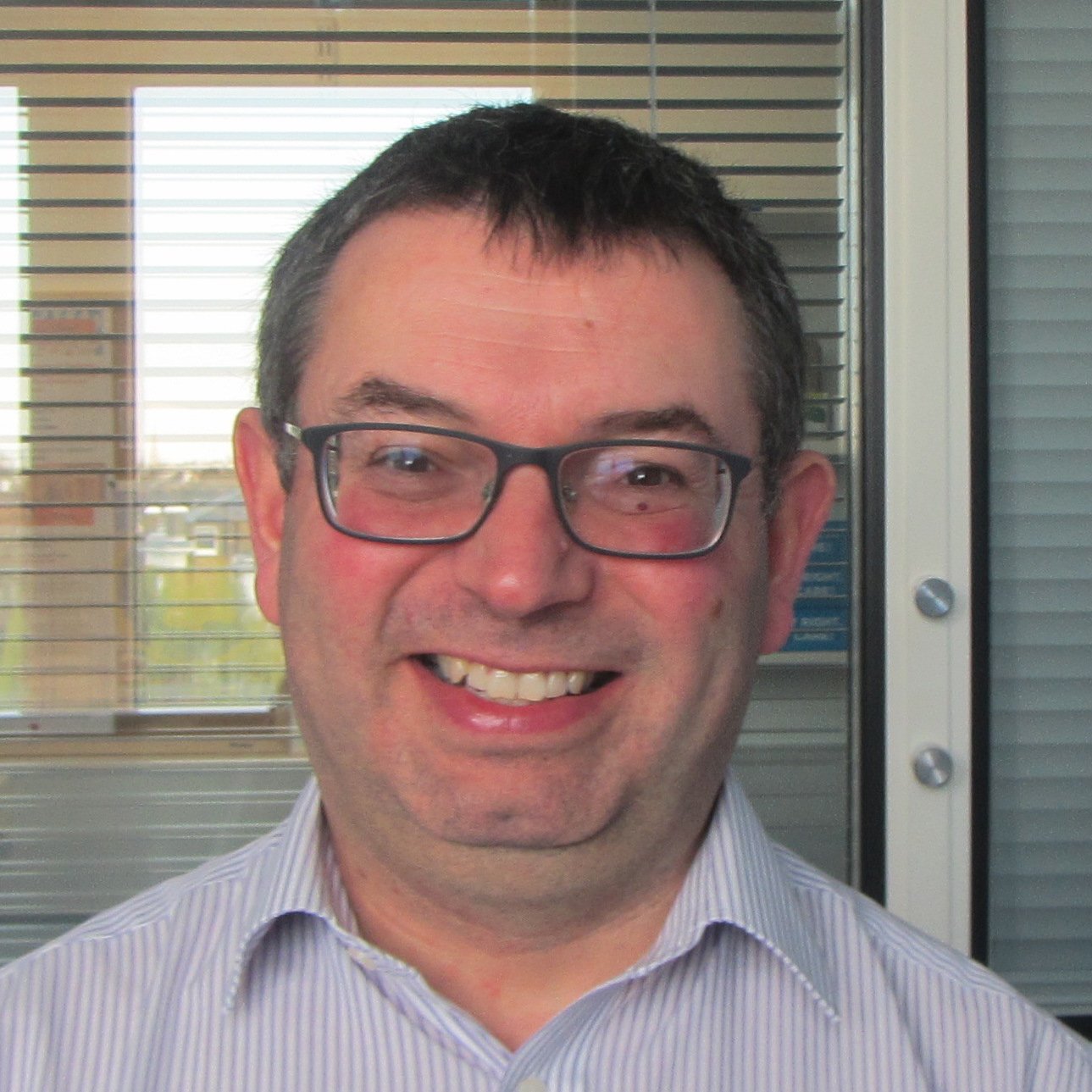
Alan Melcher
I am a clinician scientist (clinical oncologist) and cancer immunologist. I lead The Institute of Cancer Research (ICR)/Royal Marsden Hospital (RMH) Centre for Immunotherapy of Cancer (CIC). With support from the CRIS Cancer Foundation and others, the CIC was established to fulfil a vision of increasing our understanding of the biology underlying the creation of effective anti-tumour immune responses by treatments. We have built infrastructure and developed themes within the CIC, covering Data Science and AI, Immunogenomics, Single Cell Analysis/FACS, Proteomics/Peptidomics, Clinical Trial Translation, Digital Pathology, Pre-Clinical Modelling, Cell Therapies, Cancer Vaccines, Local/Injectable Therapies, Radiotherapy and Imaging, Early/Late Side Effects and Survivorship, Translational Research Support, and Novel Immunomodulatory Drugs). Hence the CIC can support early-stage researchers with immunology interests across the full range of research, from pre-clinical fundamental science, through translational analysis of clinical samples, to clinical trial implementation.
This clinical fellowship will be embedded within the CIC and have access to its infrastructure and expertise across this wide range of cancer immunology themes. My own research groups (Translational Immunotherapy and Breast Cancer Immunology), focus on the immunology of oncolytic viruses and radiotherapy in particular, but clinicians who are interested in any aspect of cancer immunology and immunotherapy are welcome to discuss their own ideas and plans and how these may best fit with and complement the ICR’s current activities across the CIC.
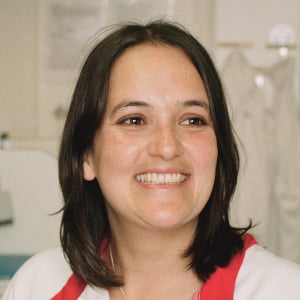
Rachael Natrajan
Our group aims to understand the subclonal heterogeneity in therapy resistance and metastatic spread in breast cancer. We focus on the role of epigenetic plasticity and how cancer cells modulate their epigenome to evolve therapy resistance and their interplay with the microenvironment with a particular emphasis on triple negative and lobular breast cancers.
To pursue these goals, we use range of state-of-the-art molecular pathology techniques including, multimodal single cell sequencing and single cell spatial primary profiling of longitudinal patient samples and matched metastatic samples, and concurrent liquid biopsies. These are linked with in vitro and in vivo models of patient derived organoids and xenografts and genetically engineered in vivo models linked in with digital pathology analyses to understand the molecular evolution of the disease.
Clinicians who are interested in the subclonal evolution of therapy resistant breast cancer and in developing novel stratification biomarkers for breast cancer patients are welcome to discuss ideas and potential projects.
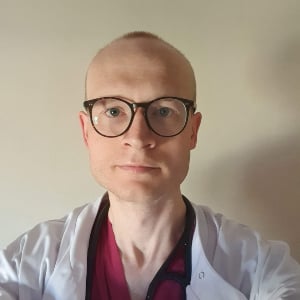
Ben O'Leary
Our group studies how cancer evolves and how this impacts response to therapies used in the clinic, with a particular focus on head and neck cancer, radiotherapy, and immunotherapy.
We use multi-omic approaches with a combination of pre-clinical models and unique cohorts of clinical samples collected from patients receiving treatment to explore the interaction between the genome and the tumour microenvironment.
Ultimately, we aim to understand the reasons why treatments fail and use this to develop personalised treatment strategies and novel approaches to address treatment resistance.
We are currently working on how the evolution of genome instability mediates immune evasion in virally and non-virally driven head and neck cancers, using both pre-clinical functional approaches and bioinformatics.

Victoria Sanz-Moreno
We study how Rho GTPase signalling and cytoskeletal remodelling control metastatic disease. We are interested in understanding how cancer cells sense extracellular signals via their cytoskeleton and integrate the responses altering gene transcription to promote metastasis. We study the molecular cues that aid in tumour metastatic dissemination via the crosstalk between the cytoskeleton and the nucleus. Moreover, whether metastatic cells develop an (epigenetic) memory is a matter of active investigation in the lab. We have a particular focus on Rho-kinase (ROCK) and Myosin II, as a crucial axis for the regulation of many processes in metastatic cancer cells.
How cancer cells interact with the tumour microenvironment is crucial for tumour progression and dissemination. We also study how the cytoskeleton in cancer cells affects cancer cell-normal cell communication. Using co-cultures, 3-Dimensional matrix imaging systems, mouse models and patient tissue samples, we study interactions between cancer cells and the extracellular matrix and stromal and/or immune cells. We aim to understand if these interactions will be aided by signals sensed by the cytoskeleton of cancer cells and transmitted to transcription factors and/or chromatin. This is very important as cancer cells are addicted to transcriptional rewiring. The ultimate goal is to develop anti-metastasis therapies.
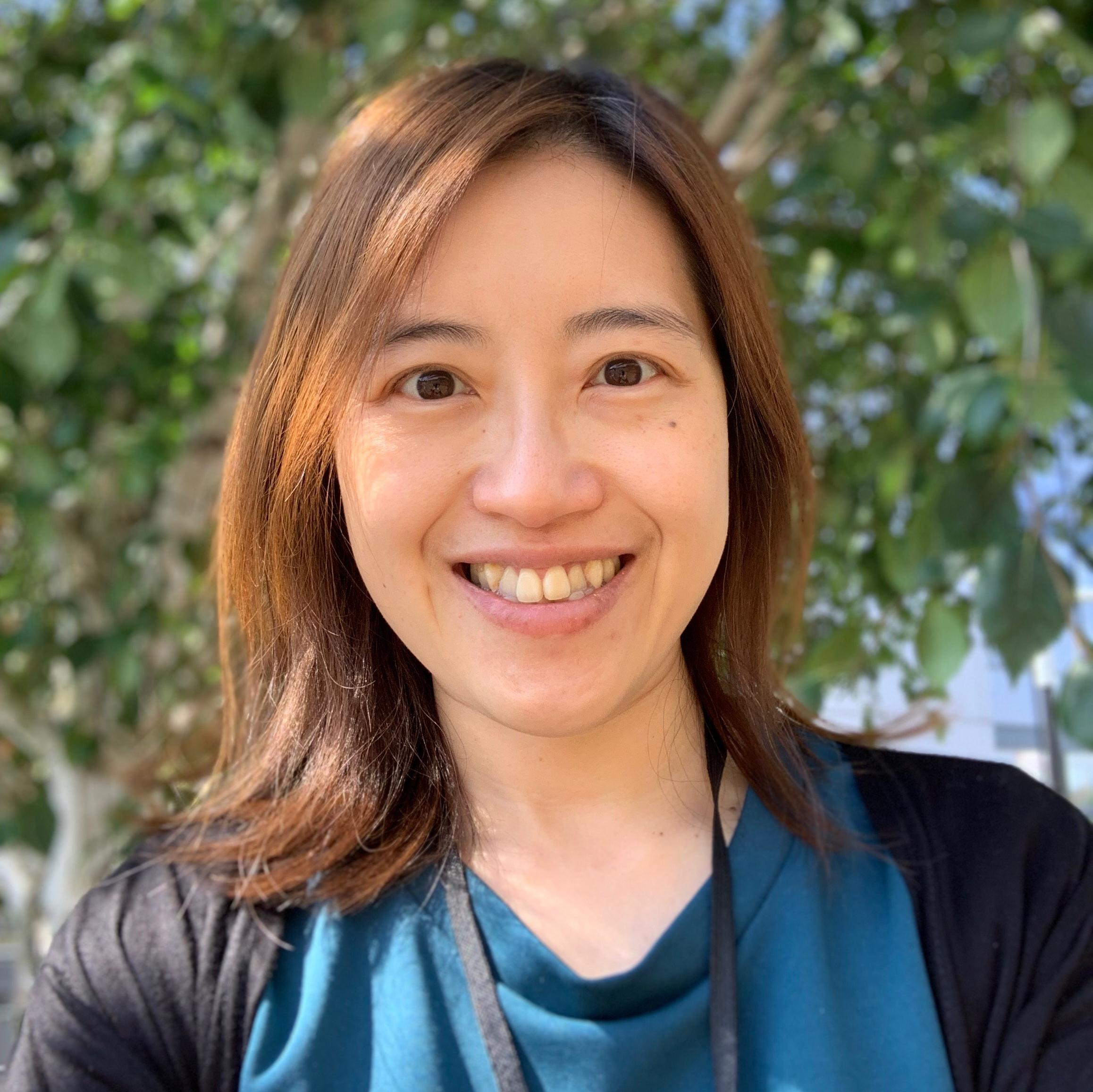
Christina Yap
Treatment tolerability in cancer is critical for ensuring patients can stay on therapy, maintain quality of life, and achieve the best possible outcomes. Poor tolerability can lead to dose reductions, treatment delays, or discontinuation, ultimately compromising effectiveness and patient well-being. Traditionally, tolerability is assessed through clinician-reported adverse events (AEs), primarily focusing on severe events or those requiring treatment modifications. However, this approach often overlooks the patient’s lived experience, especially lower-grade toxicities that can significantly affect daily life and long-term well-being. Patient-Reported Outcomes (PROs) provide a crucial perspective by capturing symptoms and functional impairments that clinicians may underreport.
Integrating PROs into tolerability assessments could refine how treatment side effects are measured, enabling more patient-centred decision-making and trial design. This fellowship, in collaboration with leading international multidisciplinary experts, will systematically evaluate the role of PROs in assessing treatment tolerability, with the potential to transform cancer therapy evaluation and improve patient care
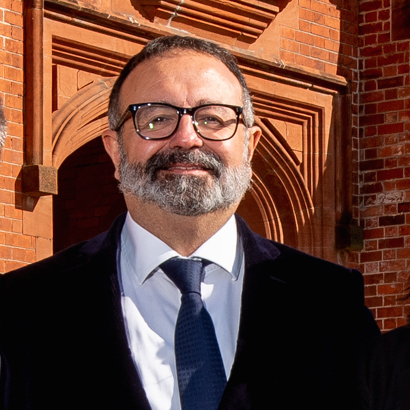
Manuel Salto Tellez
Our lab is interested in the development and delivery of a new generation of oncology laboratory tests, aiming to incorporate biomarker complexity to match the biological complexity of cancer.
In our lab we combine tissue pathology, molecular analysis, advanced tissue image analysis and computational science in the pursue of novel diagnostic and therapeutic tests.
We aim to a) extract complexity from current standard-of-care diagnostic tools, such as H&E images analysed by novel foundation models); b) generate complexity, by applying technology aiming to generate thousands of protein overexpression levels, or RNA amplification points, from single tissue sections; and/or c) integrate complexity by virtue of multimodal analysis.
The goal of our lab is to obtain the necessary evidence to prove accuracy, precision and reproducibility of novel, complex testing and run biomarker clinical trials to show their analytical superiority and clinical efficiency.
.jpg?sfvrsn=268711eb_1)
Adam Sharp
Our team is focused on interrogating the fundamental biology of prostate cancer (including androgen receptor signalling, mRNA translation and the intrinsic apoptosis pathway) to support the development and delivery of biology-led innovative therapies that can be evaluated in ‘proof of concept, proof of mechanism’ clinical studies.
Clinicians broadly interested in cancer biology, drug discovery and development, and prostate cancer medicine would be welcome to discuss projects. My own medical speciality is medical oncology, but I would welcome applications from any clinical speciality with laboratory experience.
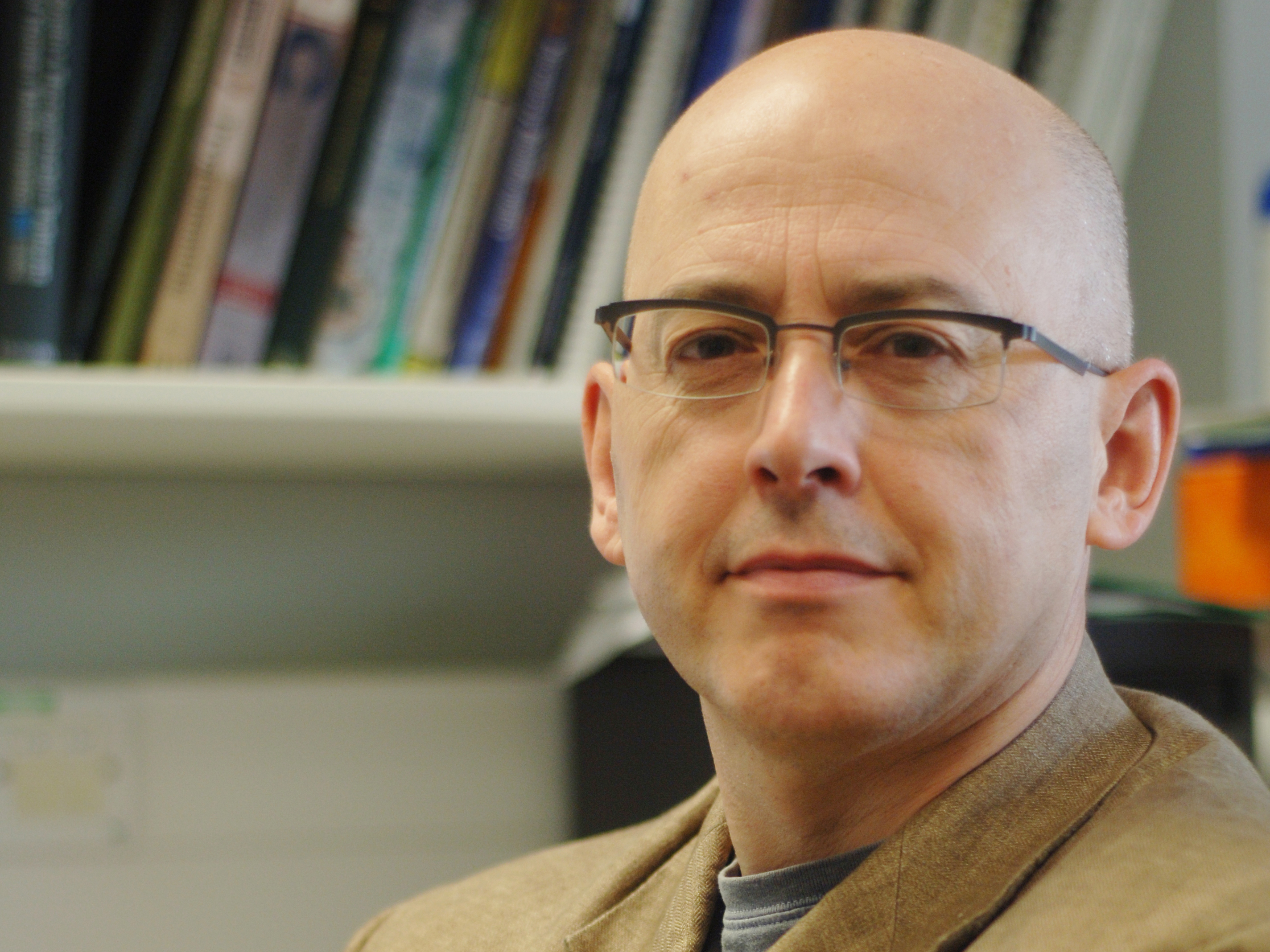
Richard Houlston
Our lab investigates how epigenetic changes drive cancer evolution and create dependencies on specific enhancer–gene interactions. We combine patient-derived datasets, genomic and epigenomic profiling, and computational analyses to understand how these mechanisms promote tumour progression and identify potential therapeutic targets. Projects may explore the dynamics of enhancer–gene addiction, the impact of epigenetic reprogramming on oncogenesis, or strategies to exploit these dependencies therapeutically. Clinicians with an interest in cancer genetics, epigenetic regulation, or translational oncology are encouraged to discuss projects. The fellowship provides mentorship, access to state-of-the-art facilities, and the opportunity to bridge clinical insight with mechanistic research.

Trevor Graham
1. Early onset colorectal cancer prevention
The incidence of early-onset colorectal cancer (EOCRC) is rising at an exponential rate for unknown reasons. Because we do not know what causes EOCRC, we cannot hope to perform early detection or prevention effectively. Our aim is to establish a comprehensive, integrated research platform that focuses on discovering the unique biology EOCRC, and translates that understanding for prevention and early detection. EOCRC has unique biology because tumour evolution in sculpted by the distinctive immune and stromal microenvironment of a young person’s body, and the particular environmental and lifestyle exposures of children and young adults in our modern world. Our approach will combine approaches examining patient samples of young people with and without EOCRC (performing multi-omic profiling, immune and microenvironmental characterisation, etc) alongside functional work in patient derived organoids and other model systems. Alongside we will work collaboratively with colleagues locally and nationally to establish a dedicated EOCRC clinical resource, enabling further epidemiological investigations. The fellowship will establish a foundational platform – and initial biological insights - that the candidate can build upon to create their own programme centred around early detection and prevention of EOCRC.
2. Interception of minimal residual disease in colorectal cancer
Interception of minimal residual disease in colorectal cancer In UK there are 42K new diagnoses of CRC respectively each year, and 70% of these are early-stage disease. Patients are offered curative-intent surgery to resect their primary disease. In stage III (node positive) disease, half of patients are cured by surgery alone and rest recur within 1-5 years. The clinical challenge is to be able to accurately determine which half of patients will recur, so that these people can receive intensified adjuvant therapy to intercept their MRD and prevent recurrence, whilst also withholding unnecessary treatment for the other half of patients who have already been cured by their initial surgery alone.
Detection of circulating tumour DNA (ctDNA) following surgery is the best biomarker for MRD we currently have: but there is an opportunity to significantly improve both the negative and positive predictive value of the test.
In this fellowship, we aim to improve personalised prediction and sensitivity for MRD detection by developing new biomarkers that incorporate measures of primary tumour genomics, immunogenicity, and other features of tumour evolution. This will involve multimodal profiling of patient samples, evolutionary genomics computational analysis, and cfDNA assay developments.
The fellowship will directly lead to the next generation of MRD interception trials, and offers the candidate a unique opportunity to move from discovery to translation within the fellowship.
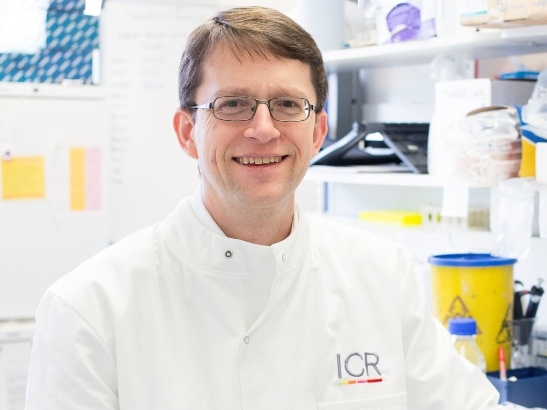
Nick Turner
Developing multimodal diagnostics in ER+ breast cancer offers a route to improve precision oncology, prognostication, and treatment stratification. This project aims to deliver the next generation of multimodal diagnostic assays by combining genomic analysis, digital pathology and single cell sequencing, imaging, clinical data, and circulating tumour DNA analysis. The fellow will generate and analyse genomics data to identify clonal structure, endocrine-resistance drivers, and signatures linked to recurrence. In parallel, the fellow will work with computer scientists in the team to generate computational pathology pipelines to extract spatial, morphological, and tumour microenvironment features from digitized slides to characterize heterogeneity and treatment response. Methodology and data will be associated to curated clinical datasets using machine-learning approaches to build predictive models for recurrence risk and personalized treatment decisions in ER+ breast cancer. This project would suit a motivated clinical fellow interested in working at the intersection of molecular oncology, computational pathology, and data science within an established multidisciplinary team.
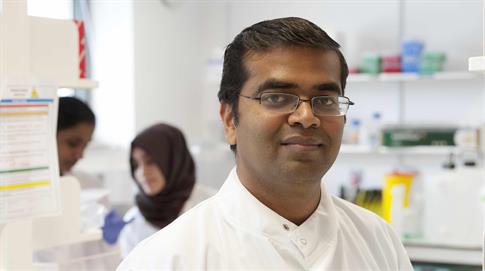
Anguraj Sadanandam
Tumour vasculature and cancer metabolism are deeply interconnected drivers of progression, immune evasion, and therapeutic resistance. Our group studies how nutrient availability, metabolic reprogramming and endothelial heterogeneity co-evolve within the tumour microenvironment. Using high-resolution multiomics, including spatial transcriptomics (Xenium, Visium), single-cell RNA sequencing, and bulk RNA profiling, we map vascular–metabolic niches across gastrointestinal tumours. These datasets are integrated with digital pathology and clinical parameters through advanced computational pipelines, leveraging AI, machine learning and multimodal modelling to identify endothelial states, metabolic vulnerabilities, and prognostic biomarkers.
The goal is to translate these insights into clinically actionable strategies that enhance drug delivery, modulate tumour metabolism, or improve patient stratification. Clinicians with interests in tumour microenvironment biology, angiogenesis, metabolism, computational pathology, or translational biomarker development are warmly encouraged to discuss potential fellowship projects.